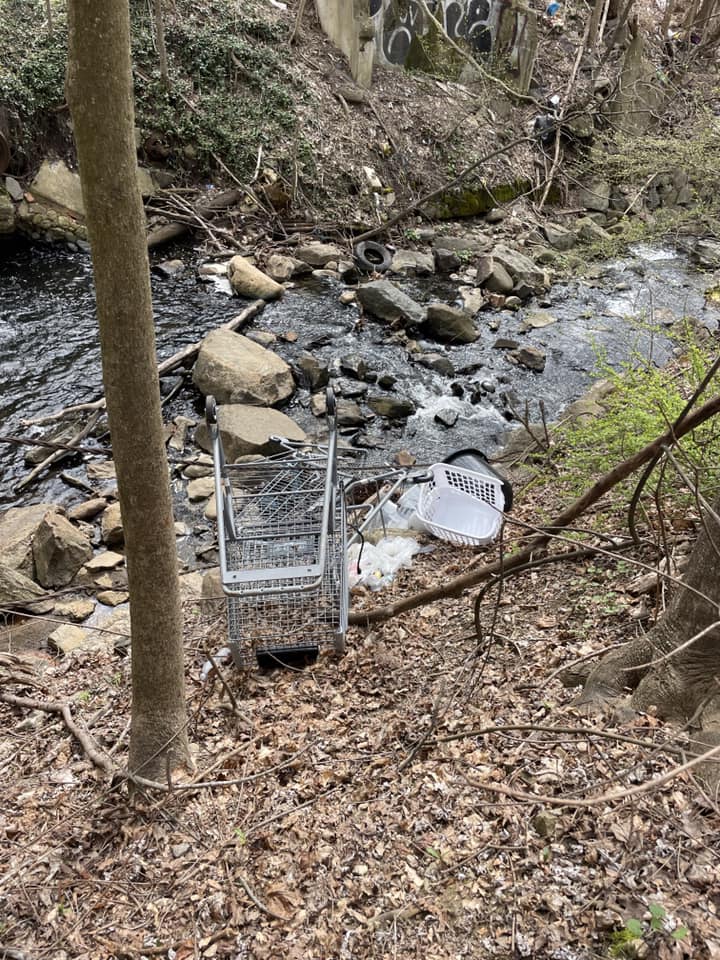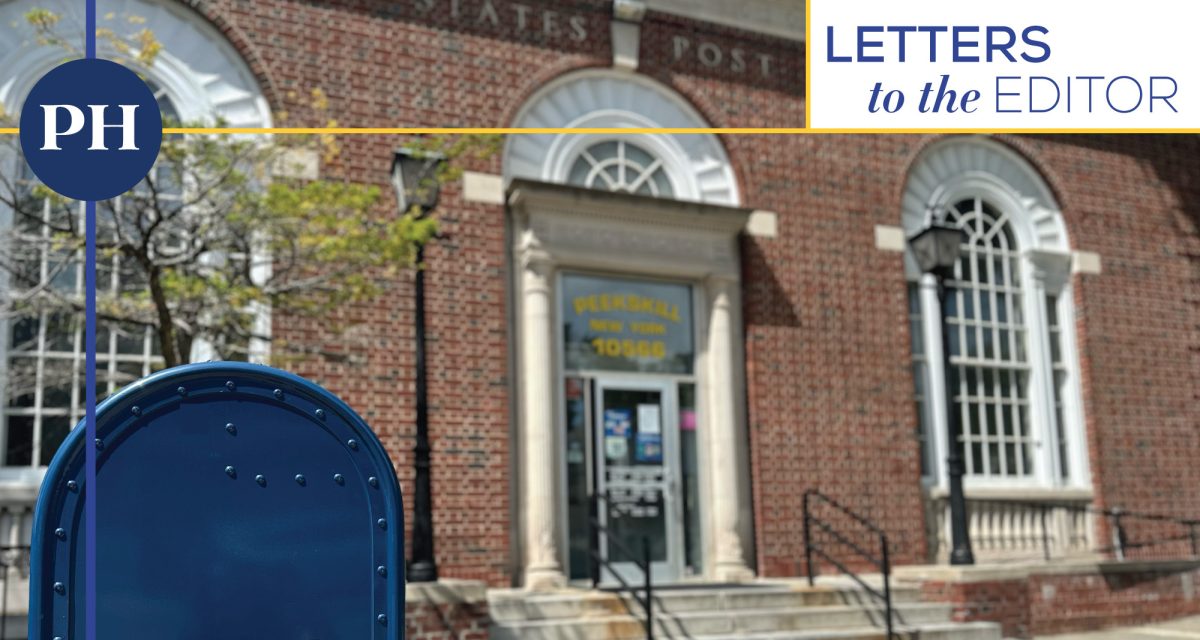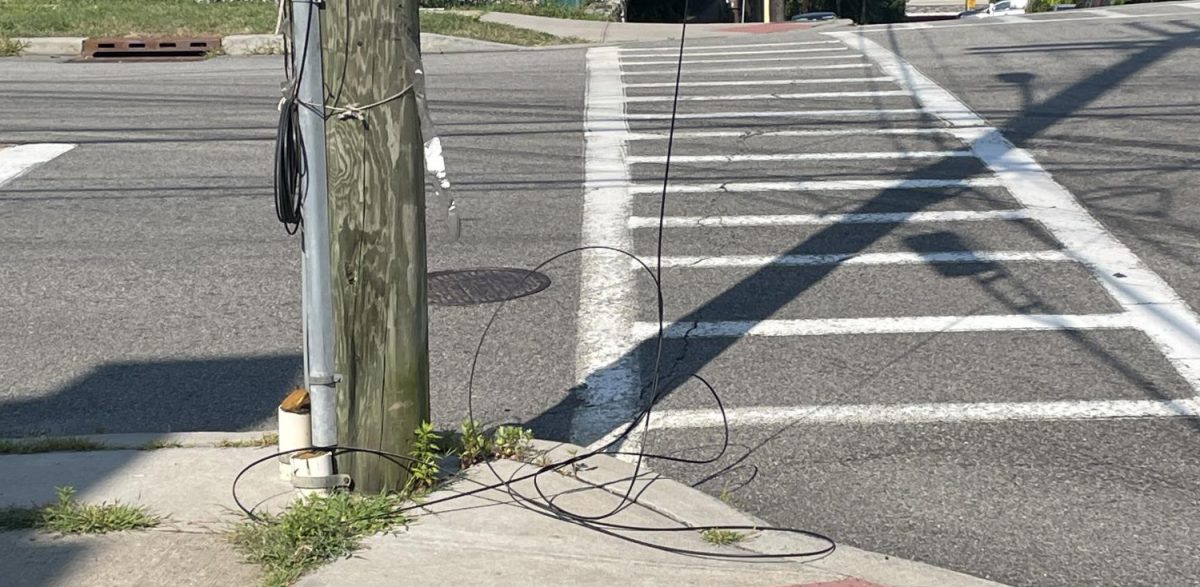To the editor:
I am writing to hopefully add some additional context to your reporting in your April 25 story “Homeless camp in Peekskill echoes national dilemma.” I am a resident of Mount Kisco where we have struggled to address multiple encampments with unsafe living conditions in wooded areas.
Peekskill has an impressive array of services including CHHOP (“Caring for the Hungry and Homeless of Peekskill”), according to your article.
The article also reported on plans to have a social worker with Westchester County’s “Safe Options Support Program” contact the individuals living in an encampment in Peekskill. I was myself unfamiliar with “Safe Options Support,” and did some research. I learned that this is a very new $34 million program with a focus on “recognizing the link between homelessness and behavioral health challenges” for those who have “unmet mental health needs.”
The longer-term plan anticipated for Peekskill is reported to be a link to “Search for Change.” Search for Change describes their mission as “dedicated to improving the quality of life and increasing self-sufficiency of individuals with emotional, social, and economic barriers.” The plan as reported in the article is for “Search for Change” to “build a rapport and try to get the encampment cleaned up.” The catch is, of course, that some will refuse to accept assistance.
I don’t have any first-hand knowledge regarding the homeless population in Peekskill, although I surmise that given the proximity to the VA Hospital the population might tragically include some veterans.
In Mount Kisco I have been under the impression that the encampments are housing, quite often, individuals who do not fall into the categories that the Governor’s “Safe Options” plan is focused on. In Mount Kisco there seems to be a core group of individuals who are in the later stages of the disease of alcoholism, a chronic brain disease.
They might also be some individuals with dual diagnosis, mental health and chemical dependency/alcoholism. But alcoholism, the old time “skid row” resident, (more so than the psychotic or schizophrenic patient discharged from a hospital and non-medication compliant), is the group I have heard the most about in Mount Kisco
It is difficult for individuals with advanced alcoholism or drug dependence, a brain disease, to think logically and develop hope and strategies for change. There are professionals who are trained and skilled at motivational interviewing working with this population who could be made part of the process. If laws are being broken, then the old-fashioned carrot and stick through the court process (drug court and/or probation) can work well as both support and motivation.
I would suggest that if there is a population in Peekskill similar to that in Mount Kisco, living in a homeless encampment, that consideration be given to a partnership with the St. Christopher’s Inn homeless shelter and treatment program in Garrison. Here is a link with information about their no-cost shelter program.
Judith Sage
Judith Sage is a retired Westchester County Probation Department supervisor. She completed a part-time, two-year CASAC chemical dependency counselor program at Westchester Community College, including two internships at St. Christopher’s.














